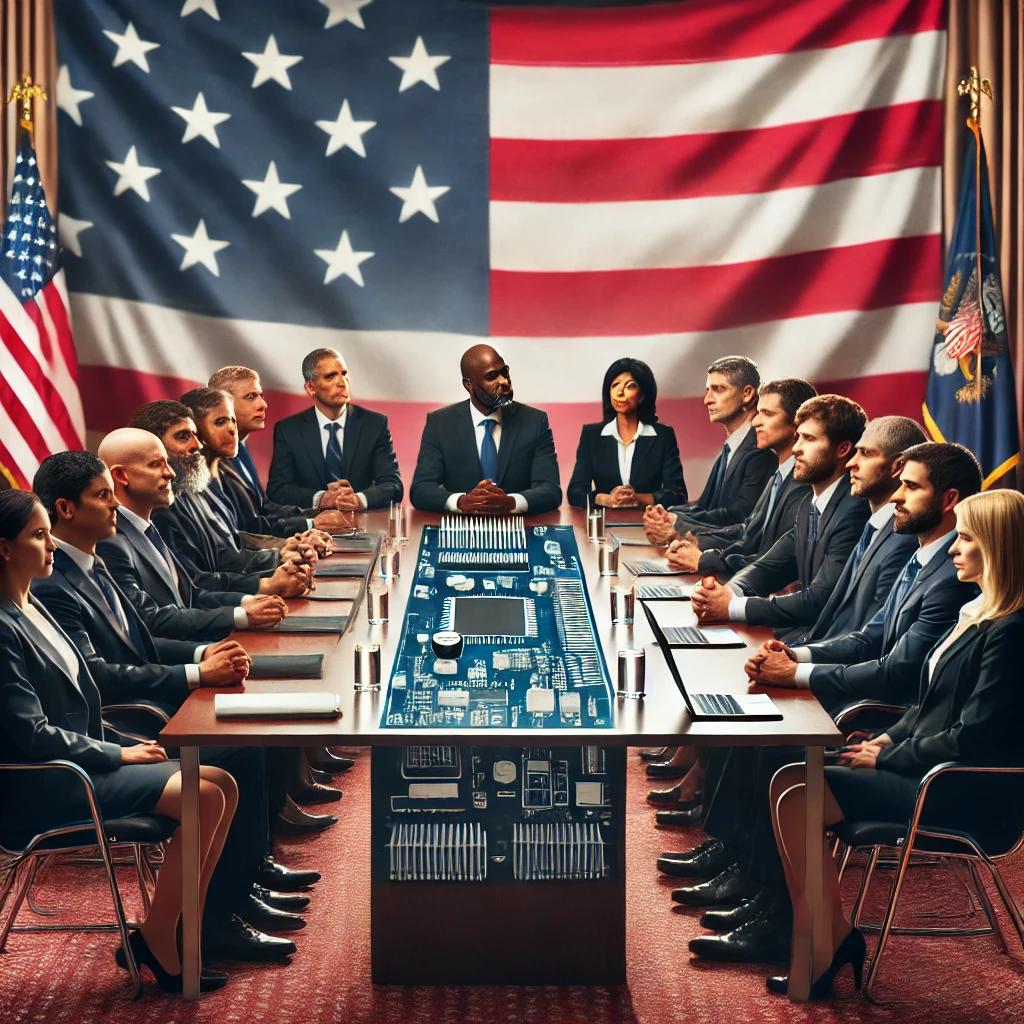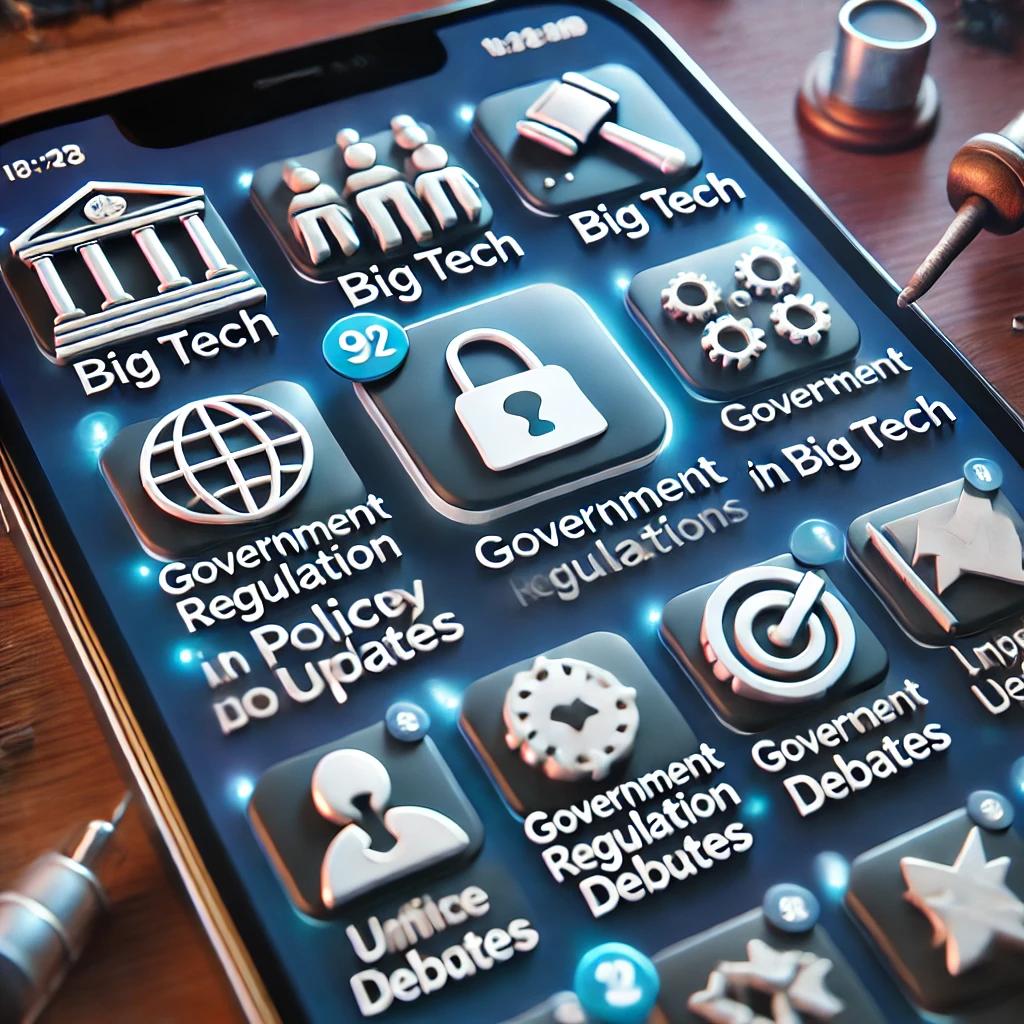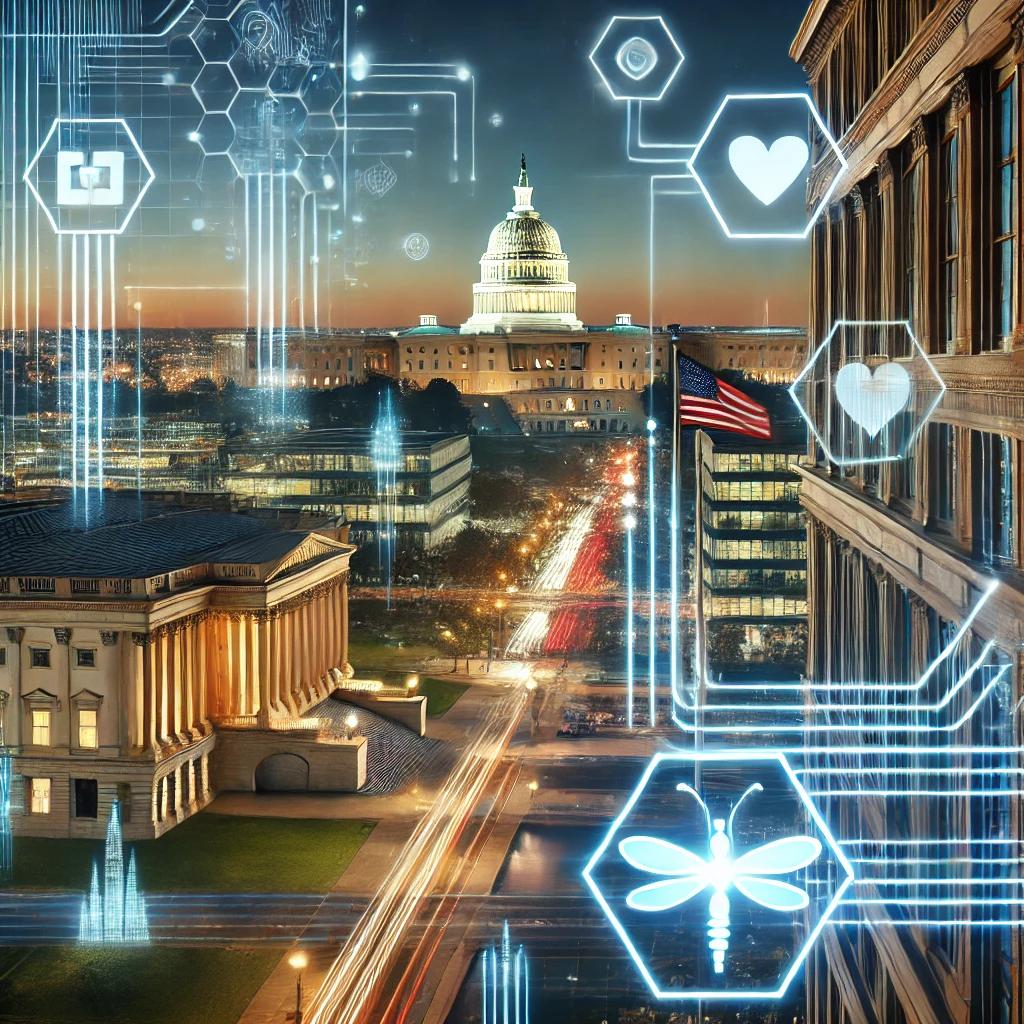The relationship between Big Tech and government leadership has always been complex. Under President Donald Trump’s administration, this dynamic reached a new level of scrutiny. Major technology leaders, including Elon Musk, Jeff Bezos, and Mark Zuckerberg, faced heightened expectations to align with shifting policies and public sentiment. Understanding this evolving relationship offers insights into the balance between innovation, regulation, and politics.
Big Tech’s Presence at Trump’s Inauguration
In an unusual move, several tech executives attended Trump’s inauguration in 2017. This raised eyebrows across industries. Many viewed their attendance as a strategic decision to stay in good standing with the government. Companies like Amazon, Facebook, and Tesla rely on favorable regulations to thrive. Their involvement symbolized a pragmatic approach to navigating unpredictable political landscapes.
However, these actions also drew criticism. Some questioned whether Big Tech was compromising its values. Others viewed this as an attempt to influence government policy. Either way, their presence at such an event highlighted the importance of political connections in shaping tech policy.
Regulation and Accountability Challenges
The Trump administration often criticized Big Tech for perceived monopolistic behavior. Platforms like Twitter and Facebook faced accusations of political bias. In 2020, Trump signed an executive order targeting Section 230 of the Communications Decency Act. This law shields platforms from liability for user-generated content. The order was seen as a direct challenge to social media companies.
Big Tech leaders had to navigate these changes carefully. Many of their responses involved public statements defending free speech and innovation. For example, Jack Dorsey of Twitter argued that reforms to Section 230 could stifle online discourse.
This push-and-pull between innovation and regulation created significant uncertainty for tech companies. They had to adjust their operations to align with evolving policies while maintaining user trust.

Public Perception and Backlash
Despite their strategic maneuvers, tech leaders faced backlash from various groups. Critics accused them of cozying up to an administration with controversial policies. For instance, Mark Zuckerberg’s meeting with Trump in 2019 sparked debates about transparency and accountability.
On the other hand, some argued that maintaining open communication with the government was essential. It allowed companies to advocate for responsible regulation and innovation. This debate underscores the fine line Big Tech walks between collaboration and appeasement.
Implications for the Future
The Trump era revealed how deeply intertwined Big Tech and government have become. For technology companies, political engagement is no longer optional. It is a necessary part of their strategy to shape the future of innovation and regulation.
Looking ahead, tech leaders must balance ethical considerations with pragmatic decisions. They need to advocate for policies that promote innovation without compromising their core values. The lessons from the Trump administration offer a roadmap for navigating future political challenges.
This evolving relationship between Big Tech and politics serves as a reminder of the power and responsibility technology holds in shaping society. As these dynamics continue to unfold, companies must adapt, innovate, and lead responsibly.


